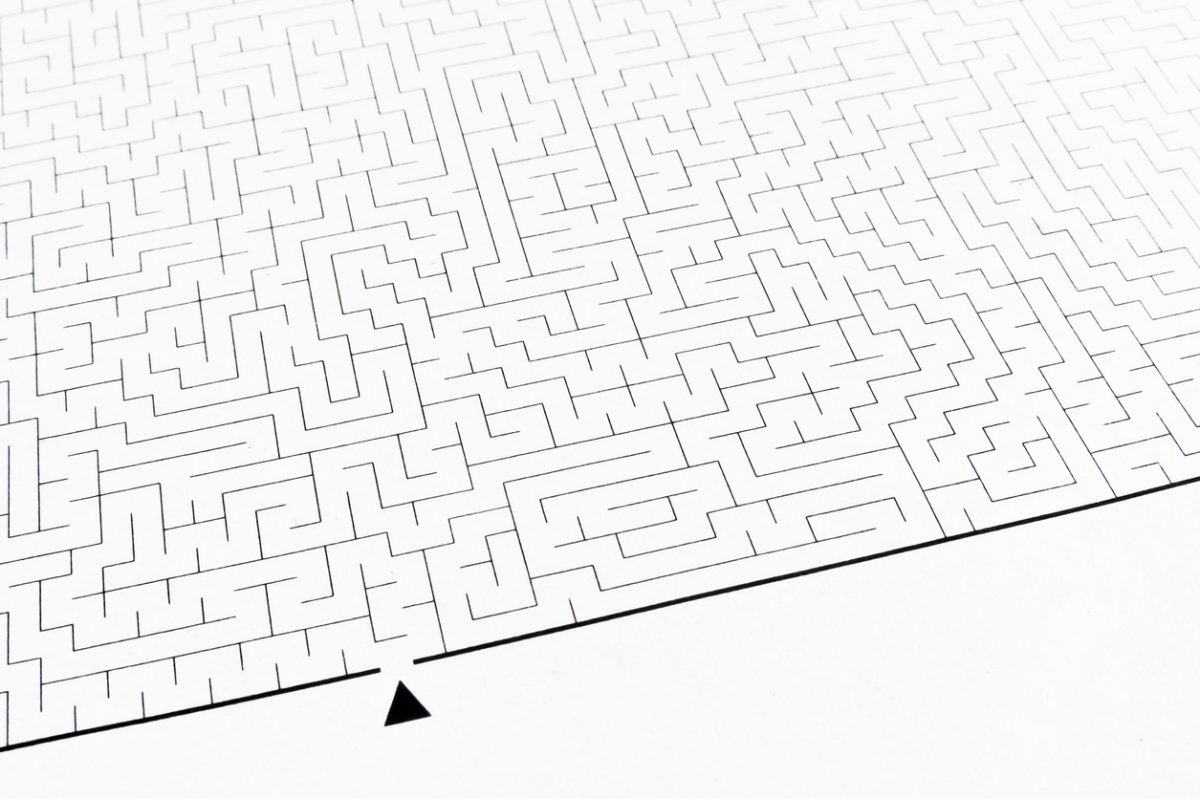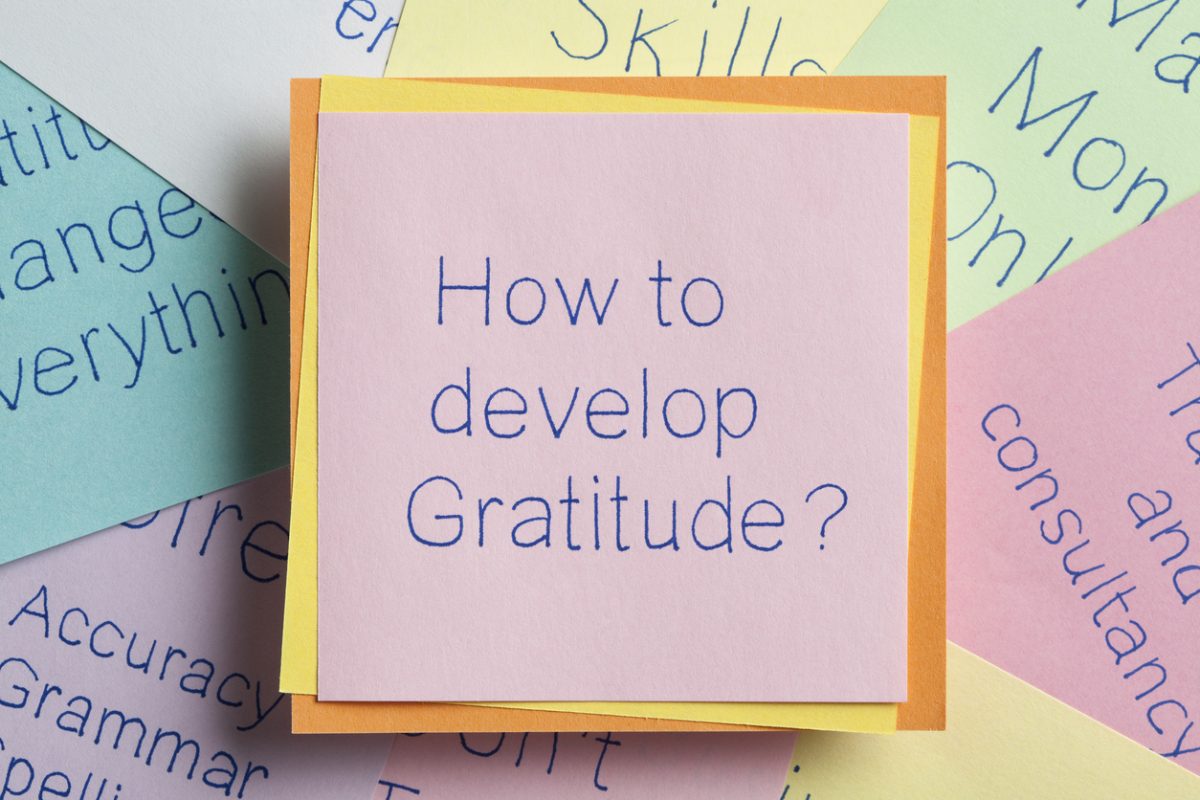
It’s a pretty simple assumption that people suffering from addiction aren’t happy. To be happy, is to be content. It’s to be satisfied. Happiness is making peace with things, and having no regrets. It’s being able to look at your situation in life, to be able to look yourself in the mirror, and decide that this is just fine.
It’s not perfect, sure. But nothing is. It’s not ideal, but the fewest things are. It could be better, but it isn’t – and it doesn’t have to be. Finding that sort of bliss is rare, difficult, and something we all strive for. And even the happiest among us run into moments of sadness, anger, and even a few moments of desperation – because without them, happiness isn’t anything.
But when you’re struggling with an addiction, you don’t even possess the chance to be happy. Happiness exists outside addiction, in sobriety. Why? Because you’re not entirely oblivious. Most people will realize at some point or another in their addiction that they’re struggling to control themselves, and that the consequences of their illness are dire, and can be worse. With something like that hanging over your head, being content or satisfied isn’t in the cards. Happiness isn’t pleasure. Pleasure is part of happiness, but to be truly happy takes more than the high of a hit of heroin.
However, just because addiction makes happiness impossible, doesn’t mean that sobriety is the golden gate of joy itself. Sobriety can often begin as quite the opposite. It’s just a single step towards being happy.
Sobriety & Happiness
Being sober isn’t being happy, that much is clear to anyone who’s gone through withdrawal and come out the other end, struggling with recovery. Early sobriety is a rollercoaster of emotions, an unbottling of suppressed thoughts and the consequences of addiction. Once the initial bumpy ride subsides, what’s left isn’t some substantial insight into life – it’s just life itself, with all its struggles.
However, sobriety is a gateway to happiness – the first step to being content with who you are, in all honesty. It starts with simple sobriety, but to establish yourself in recovery, you need to set goals and meet them, take care of your responsibilities, and find a purpose.
If you can combine your career and your purpose, all the better – otherwise, make sure your career is a means to fulfilling your purpose.
Happiness Is a Unique Journey
Everyone’s definition of happiness – of being content, and having found a purpose – is different because we all have a different idea of where we see each other. Some of us dream of success; others dream of a loving family, and the perfect home. While sobriety is all about confronting life, real life isn’t without the ability to pursue your dreams. In fact, pursue them. Find what it is you’re supposed to be – whether it’s an athlete or a parent or a café owner – and reach for it.
But, know your limit. Some people never find happiness. They’re never content. They reach and reach, constantly pushing higher. While it’s never wrong to continue looking for new goals and new adventures, there’s a difference between exploring new challenges in life and being content. Some of us wish for a life we can’t achieve, one outside our control. If you can’t bring yourself write that book, then maybe that’s not what truly drives you. If you can’t build the business empire you wanted, then maybe what you’re after is something else. Understand that what you wish for now might not be best for you – that’s why you must keep looking for what your passion really is.
There’s nothing wrong with dreaming, and pursuing your dreams is a big part of learning to enjoy life. But don’t fall to despair if you don’t get as far as you might’ve hoped – it’s a big world, and there are other possibilities. And if you’ve managed to fight your way out of the rock bottom of addiction and towards your bigger goals, then you know there’s always a way up, even if it’s to places you least expect.
Happiness Is Not Absolute
Happiness isn’t exactly a form of enlightenment – it’s not like you sit under a tree, let go of your material wants, and find some eternal form of being contented. No one is happy forever. We can go through momentary lapses of happiness, or we can hit major lows. Happiness is more like the equilibrium we strive to achieve – just like how the body works hard to constantly remain in chemical balance, when the only constant thing in biology is change.
Don’t think of happiness as an end goal. Think of it as your natural state. Think of your own form of happiness as something you should normally feel. It’s important to be go through your emotions, and react honestly – but emotions become a problem when we stray from happiness too long. When sadness becomes the new normal, you fall into a depression. When you’re constantly angry, you seize up and strain yourself, and develop a chronic stress problem.
The idea of working towards discovering the best, healthiest, and happiest version of yourself is very helpful for long-term sobriety. Being happy is a powerful deterrent against addiction. It’s most definitely a powerful deterrent against depression, as well. But again, it’s not a perfect defense – the loss of a loved one, a tragic injury, or any other significant trauma could potentially tip the scales and tear down our world – take all the order we’ve come to be content with, and descend it into chaos.
When moments like that come around, we can’t cling to our happiness – we must cling to our ability to keep seeking our happiness. That’s what matters – how much you’re willing to forgive, to work, to fight and to live to ultimately be happy again. If you’re struggling to find a reason to stay sober, then think of this: what is happiness worth to you? What is being content worth to you? Because without sobriety, you’ll never get that far.









